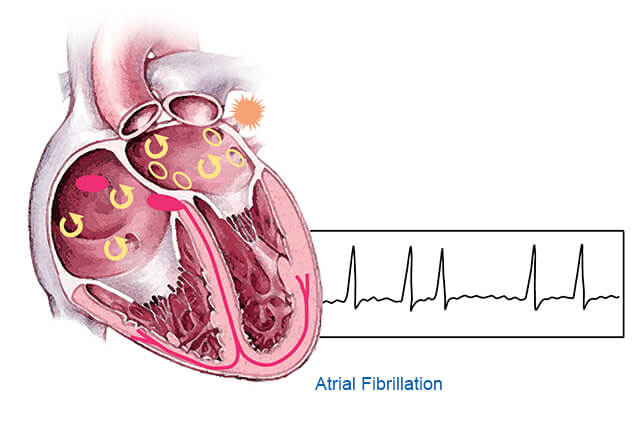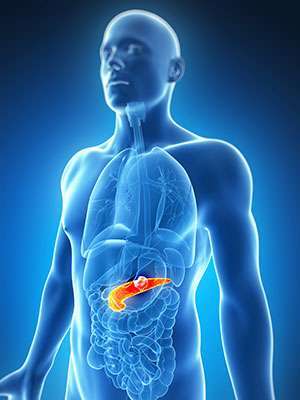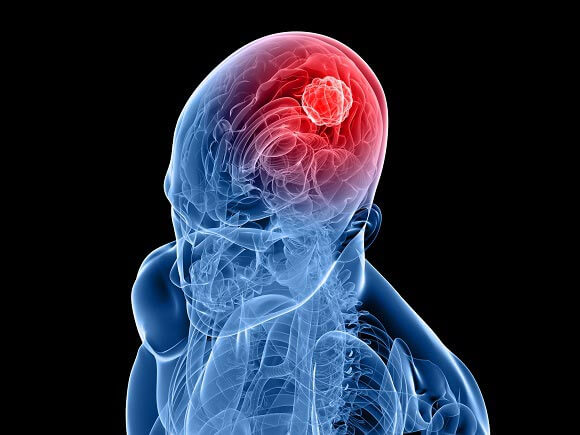
Celiac disease is an autoimmune condition that causes ingested gluten to damage the small intestine. Around the world, approximately one in 100 people have celiac disease, but most have not been diagnosed with it. If you have celiac disease, eating gluten — a protein in barley, rye, and wheat — leads your immune system to attack your digestive tract [Celiac Disease Foundation].
Your immune system sends antibodies and inflammatory cells to attack the gluten, causing damage to the mucosa that lines the small intestine, including the villi, which are fingerlike protrusions [Celiac Disease Foundation].
If the villi get damaged, your body can’t absorb nutrients the way it needs to. In children, it can lead to growth issues because they are not getting the nutrients they need, and even in adults, celiac disease can lead to malnutrition. Celiac disease affects those who have a close relative with the condition because it is genetic [Celiac Disease Foundation].
Celiac Disease or Gluten Sensitivity?
The main difference between these two conditions is that celiac disease is an autoimmune condition, while gluten intolerance is a sensitivity. When someone with celiac disease eats gluten, their body attacks their digestive system, while those with gluten sensitivity experience temporary stomach aches and bloating. Gluten sensitivity does not cause lasting damage to the body.
Symptoms and Causes of Celiac Disease
The digestive symptoms of celiac disease tend to vary depending on the severity of the condition, but the most common ones are:
- Bloating
- Chronic diarrhea
- Gas
- Constipation
- Lactose intolerance
- Abdominal pain
- Vomiting
- Nausea
People with celiac disease can also experience symptoms in other parts of their bodies, including:
- Fatigue
- Bone or joint pain
- Canker sores
- Depression or anxiety
- Dermatitis herpetiformis
- Headaches
- Balance problems
- Seizures
Celiac disease affects people who have certain gene variants: DQ2 and DQ8 [NIDDK]. If you have those genetic variants and you eat gluten, your body is more likely to respond by attacking the gluten. Not everyone with those variants develops celiac disease, but children with them who are exposed to gluten consumption have a higher risk of developing the disease [NIDDK].
Scientists also believe that having experienced frequent infections, especially in the digestive tract, can predispose you to developing celiac disease. Changes in your stomach's microbiome can also play a role [NIDDK].
Long-Term Risks of Celiac Disease and Treatments Available
People with celiac disease are more likely to develop coronary artery disease and up to four times more likely to develop small bowel cancers [Celiac Disease Foundation].
Untreated celiac disease can also cause other autoimmune disorders, including multiple sclerosis and Type 1 diabetes [Celiac Disease Foundation]. Other conditions it can cause are:
- Osteoporosis
- Anemia
- Infertility
- Miscarriages
- Heart disease
- Epilepsy
- Migraines
Treating celiac disease requires a strict adherence to a gluten-free diet. Gluten is found in many types of breads and is added to foods and other products. A gluten-free diet can help your small intestine heal and prevent further damage [NIDDK].
To follow this diet, you will likely need to speak with a dietician. They can offer resources and help you understand what to look for and what to avoid. You’ll have to start reading labels before choosing anything to eat.
Some herbal supplements and vitamins contain gluten; even certain lipsticks and other cosmetic products might have it [NIDDK].
If you still experience symptoms despite following the gluten-free diet, you may be ingesting small amounts of gluten without realizing it. Hidden sources of gluten include additives in ingredients like malt flavoring and modified food starch.
In rare cases, refractory celiac disease can become a concern. This is when the damage to the small intestine returns even while following a strict diet [NIDDK].
If you have dermatitis herpetiformis, you might need medications like dapsone or sulfapyridine.
For many people with celiac disease, adding dietary supplements and vitamins is crucial because of the risk of malnutrition. You may have deficiencies in fiber, niacin, folate, and other crucial nutrients [Celiac Disease Foundation].
Managing Celiac Disease
The majority of people with celiac disease can enjoy symptom-free days by sticking to a strict diet that eliminates all gluten. You’ll have to learn how to read labels on the products and foods you choose to ensure you don’t ingest any gluten, and you may need to add vitamins and other dietary supplements to help you combat malnutrition. Fortunately, the damage that your small intestine sustained is likely reversible.
Learn more about celiac disease by visiting the Celiac Disease Foundation, Beyond Celiac, and the National Celiac Association.
Resource Links:
- “What Is Celiac Disease?” via Celiac Disease Foundation
- “Prevalence and Impact of Malnutrition in Hospitalizations Among Celiac Diseases: A Nationwide Analysis” via Springer Nature Group
- “Non-Celiac Gluten Sensitivity” via Beyond Celiac
- “Symptoms & Causes of Celiac Disease” via National Institute of Diabetes and Digestive and Kidney Diseases (NIDDK)
- “Treatment for Celiac Disease” via National Institute of Diabetes and Digestive and Kidney Diseases (NIDDK)
- “Treatment & Follow-Up” via Celiac Disease Foundation




